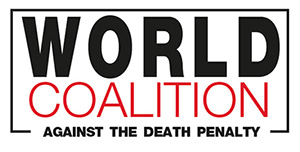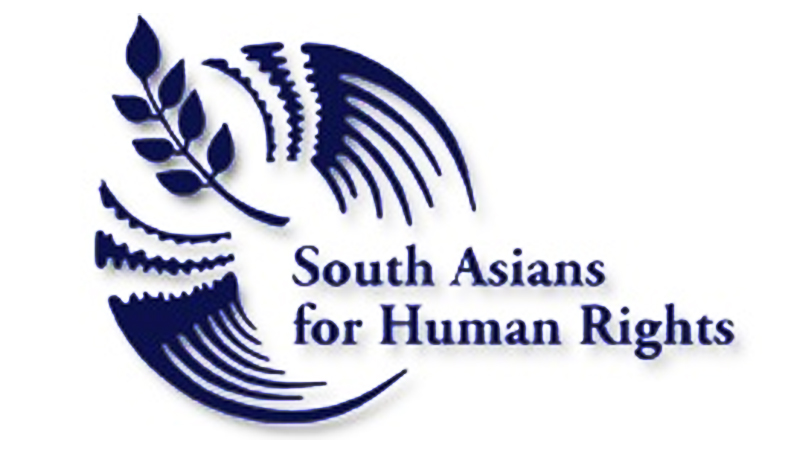Karachi’s urban flooding a consequence of multiple jurisdictions
Press release
Karachi’s urban flooding a consequence of multiple jurisdictions
Empowered local government suggested as solution
Lahore, 20 December. A fact-finding report released by the Human Rights Commission of Pakistan (HRCP) points to the city’s peculiar political geography where various jurisdictions—local, provincial, federal and cantonment—coexist, often at cross purposes to each other. It recommends making Karachi’s land-controlling and management authorities accountable to one central authority or made autonomous. The lack of a legitimate decision-making and accountable authority may have been responsible for bringing the city to a standstill during the monsoon rains in July and August.
The report emphasises the need for an empowered local government for Karachi, adding that the main challenge lies in resolving the city’s jurisdictional issues first, giving local government the power to levy local taxes that can then be diverted to local needs, and reversing the top-down urban development model so that Karachi’s hinterlands are brought back into the conversation.
Based on extensive consultations with urban planners, human rights activists, journalists, academics and citizens affected by the floods, the report finds that a strong anti-poor bias runs through urban planning and policymaking in Karachi.
Most of Karachi’s natural drains are blocked either because they have been encroached on or have filled up with solid waste. However, these encroachments can be traced to many different agents, including the Defence Housing Authority, the KPT Officers Housing Society and private ‘builders’ with the connivance of state functionaries. Yet, each time Karachi is flooded, it is encroachments by the poor that are flagged as the overriding problem.
HRCP also notes that the superior courts’ involvement in Karachi’s urban planning is problematic because it inevitably leads to anti-encroachment drives against the poor, causing more inequality and poverty. It concludes that the anti-poor bias in policymaking, planning and execution must end.
The report is available here: http://oldsite.hrcp-web.org/
On behalf of Hina Jilani
Chairperson
Category: English, Press Releases






